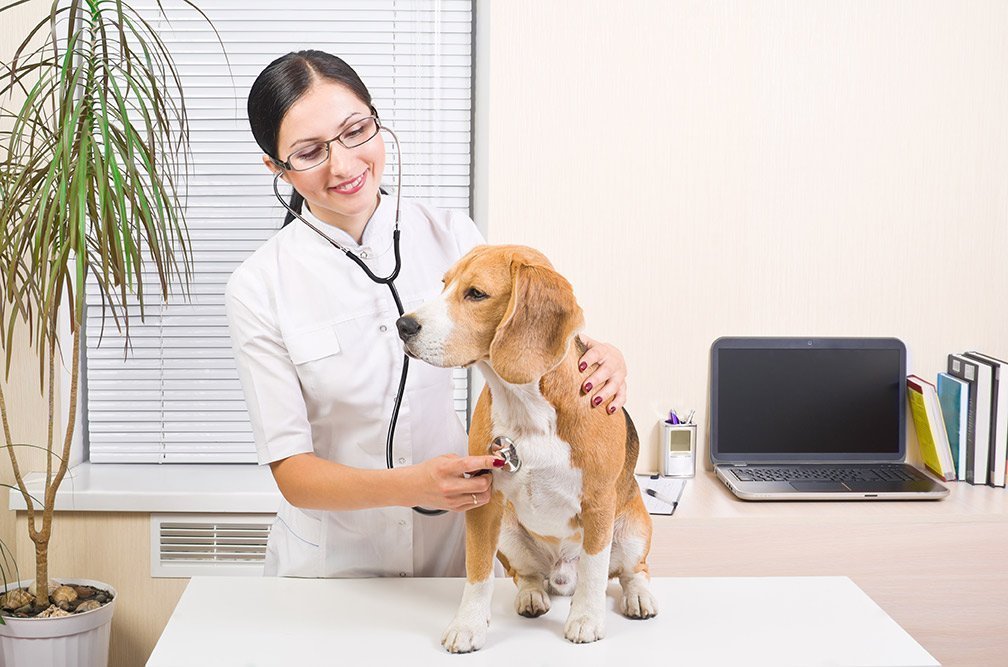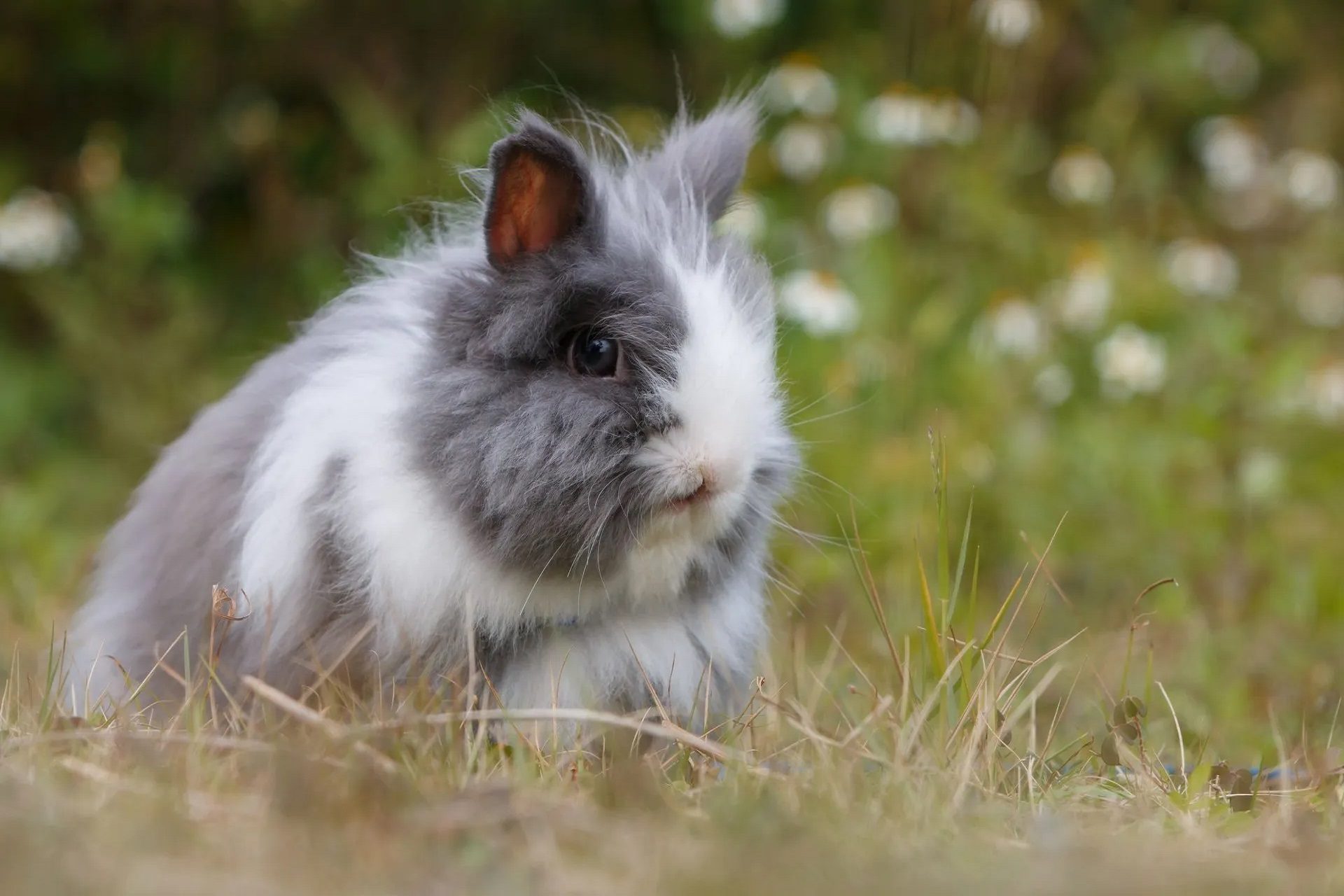Understanding Canine Anxiety
Dogs, just like humans, can experience anxiety. Fido might go through feelings of fear, sadness, isolation, and sorrow. These emotions can greatly affect your furry friend, both emotionally and physically. In his informative article from All About Animals Veterinary Hospital, serving the Villa Rica area, a local vet discusses canine anxiety.
Separation Anxiety In Dogs
Separation anxiety is the most common form of anxiety in dogs. Fido has a natural inclination to function as part of a pack. When your pet is left alone, it’s completely normal for them to feel a bit uneasy. Dogs, lacking the ability to vocalize their issues, often resort to other means of conveying their internal distress. (in other words, they channel their angst into mischief.) If you come back to find your canine buddy has made a mess while you were away, separation anxiety might be the culprit.
Any dog can be susceptible to separation anxiety. However, this is a common occurrence in rescue dogs, likely a result of being abandoned by their previous owners. This is a frequently encountered problem with dogs that have been rehomed.
What Are The Other Causes Anxiety In Dogs?
Animals can feel anxious in various situations or environments. Various factors can influence Fido’s behavior, including his temperament, history, living situation, and breed. However, various common triggers can induce anxiety in dogs.
Significant changes can be quite distressing for our beloved pets. Like many of us, Fido is a creature of habit. Things like moving to a new place, finding a new roommate (whether they have two legs or four), dealing with the pain of losing someone dear, and adapting to a new daily schedule can all upset your canine companion.
Fido can also have phobias. Many puppies feel anxious when there are thunderstorms. Others are frightened by loud noises in general. A dog may acquire a severe phobia of kennels and other forms of confinement after spending too much time in them. Unfortunately, this is a frequent situation for dogs that have suffered from abuse or neglect.
Illness is another possibility. Dogs can suffer from a wide range of illnesses and injuries, just like humans. Regrettably, their understanding of the situation is inadequate. Anything that affects Fido’s senses, mobility, or nervous system can potentially cause anxiety. Older dogs can suffer from anxiety as a result of canine dementia.
New Things can upset Fido as well. Dogs, much like humans, find the greatest happiness when they feel safe and secure. Fido may experience fear and unease when introduced to unfamiliar surroundings or circumstances. Meeting new people and other animals may trigger stress for our beloved furry friends.
Insufficient Interaction: Proper socialization is essential for dogs to acquire a calm and pleasant disposition as they age. It is important to start socializing dogs at a young age. When Fido is little, he needs to meet lots of new people and see lots of different places. It’s important that these experiences are enjoyable for him, rather than intimidating. This will make him more open to the outside world and hopeful.
There could be other possible causes as well. Here are a few more:
- Conflicts with other pets
- Discomfort
- Previous trauma
- Fear
- Illness
- Genetics
- Noise phobias
Seek additional information from your veterinarian.
How Can I Recognize Anxiety In Dogs?
Signs of anxiety in dogs can vary, depending on the dog’s stress levels and the cause of their distress. For instance, when your furry friend is frightened by a sudden loud noise, they might exhibit signs of fear such as trembling, tucking their tail, seeking shelter, or trying to flee from the source of the noise. During the Fourth of July, the number of lost pet reports tends to rise. This is because dogs can get extremely frightened by the loud noises and chaos caused by fireworks, leading them to try to escape.
That said, It is quite common for dogs to exhibit destructive behaviors such as digging and chewing when they experience separation anxiety and are left alone at home. Dogs may exhibit aggressive behavior as a result of anxiety, which can be quite concerning.
These are the primary symptoms:
- Trembling
- Tail-Tucking
- Hiding
- Reduced Activity
- Escape Attempts
- Panting
- Pacing
- Licking
- Tail Chasing
- Diarrhea
- Aggression
- Fear Urination
- Hot Spots/Lesions From Licking Or Biting
- Tail-Chasing
- Yowling/Barking when left alone
- Destructive Behaviors (getting into the trash, destroying furniture)
- Cowering
- Digging
- Not eating
- Soiling inappropriately
- Restlessness
- Licking the lips
- Showing the whites of the eyes (whale eye)
If you suspect that your beloved pet may be suffering from anxiety and have noticed any of these symptoms in your canine buddy, reach out to your nearby animal clinic in Fredericksburg TX without delay. While anxiety may not have a cure, there are steps you can take to assist your pet in managing it.
Do Certain Breeds Have A Higher Likelihood Of Experiencing Anxiety Compared To Others?
While anxiety can impact dogs of all breeds, it is more prevalent in specific breeds. Here are the dogs on that roster:
- German Shepherd
- Australian Shepherd
- Border Collie
- Jack Russell Terrier
- Cavalier King Charles Spaniel
- Bichon Curly
- Toy Poodle
- Labrador Retriever
- Cocker Spaniel
- German Shorthaired Pointer
- Vizsla
- Chihuahua
- Basset Hound
- German Shorthaired Pointer
- Dachshund
- Greyhound Mini-Schnauzer
- Shetland Sheepdog
- Yorkshire Terrier
As mentioned earlier, dogs that have gone through abuse, neglect, or have been rehomed are especially vulnerable, as well as those with specific medical conditions such as dementia. Don’t hesitate to reach out to your Fredericksburg TX veterinarian for more information.
How Can I Help My Dog In Managing His Anxiety?
Luckily, there are multiple steps you can take to help your cherished pet better handle their emotions.
Begin by reaching out to your veterinarian. If there is a medical issue that has not been diagnosed, it is important to promptly seek a diagnosis. Some puppies may benefit from behavioral training.
Medication might be the most effective approach to take. It is always important to seek guidance from your veterinarian prior to administering any medication or supplement to your furry friend.
It’s important to make sure your beloved pet receives enough mental and physical activity. Walking your pooch and playing with him will allow him to expend his excess energy in an appropriate manner. This is also fantastic for fostering strong connections! Stability is also beneficial. Establishing a regular schedule for your furry friend’s walks and playtime can greatly enhance their overall sense of comfort and well-being.
If your beloved pet struggles with separation anxiety, it may be worth considering the possibility of getting them a companion. Of course, this would depend on your budget, household, and your furry companion’s history and temperament. This is not a decision to be taken lightly, so consider it carefully. It is crucial to ensure a compatible match: if Fido does not get along with his new roommate, it could cause him even more distress.
Finally, there are things available that improve dogs’ relaxation and comfort, such as relaxing clothes, appropriate chews, comfort beds, and toys. Consult with your veterinarian for recommendations.
What Should I Not Do With An Anxious Dog?
First And Foremost? Avoid punishing your furry friend when they’re feeling uneasy or anxious. Fido lacks a true understanding of the concept of punishment. He is simply relying on his instinctual methods of communication and self-preservation. Reprimanding him could worsen the situation and possibly make him fearful of you. It would be better to focus on positive reinforcement. For individualized advice, speak with your veterinarian in Fredericksburg, Texas.
Get In Touch With Our Pet Clinic In Carrollton, GA
Do you have questions about your dog’s health or care? Don’t hesitate to contact us at All About Animals Veterinary Hospital, serving the Villa Rica area. As your local hospital in Carrollton, GA, we’re here to help!



